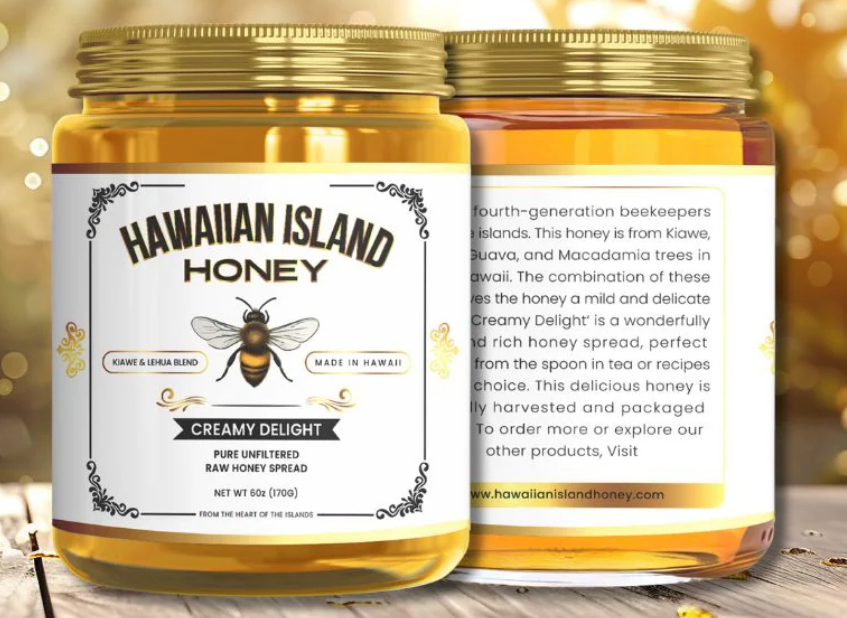Sustainable beekeeping is more than just a trend; it's a crucial movement towards preserving our planet's biodiversity. In Hawaii, this practice takes on added significance, given the islands' unique ecosystems and the role bees play in maintaining them. This article explores the intricate world of sustainable beekeeping in Hawaii, highlighting its importance, challenges, and potential for a greener future.
Introduction to Beekeeping in Hawaii
Hawaii is a tropical paradise not only for tourists but also for a rich variety of flora and fauna. The islands' unique biodiversity is a result of millions of years of evolution in isolation. However, this delicate balance is threatened by factors such as climate change, habitat loss, and the introduction of invasive species. Bees, particularly honeybees, are vital pollinators for many of Hawaii's native plants and crops, making sustainable beekeeping a critical component of conservation efforts.
What is Sustainable Beekeeping?
Sustainable beekeeping refers to practices that support bee health and productivity while minimizing the environmental footprint. It involves:
- Natural Hive Management: Using methods that mimic bees' natural behaviors.
- Organic Practices: Avoiding chemical pesticides and opting for organic alternatives.
- Biodiversity Promotion: Planting a variety of bee-friendly plants to ensure a diverse diet for the bees.
The Importance of Sustainable Beekeeping in Hawaii
Hawaii's agricultural sector is heavily reliant on pollinators. From coffee to macadamia nuts, many crops depend on bees for successful pollination. Sustainable beekeeping ensures these crucial pollinators are protected and thriving, which in turn supports the local economy.
Moreover, bees play a significant role in the conservation of Hawaii's native flora. Many of the islands' endemic plants rely on native bees and honeybees for pollination, making the protection of these insects vital for biodiversity.
Challenges Facing Beekeeping in Hawaii
Despite its importance, beekeeping in Hawaii faces several challenges:
- Varroa Mites and Pesticides: These threats weaken bee populations, making them susceptible to disease and reducing their effectiveness as pollinators.
- Climate Change: Rising temperatures and changing weather patterns impact the availability of nectar and pollen, disrupting bee forage.
- Habitat Loss: Urbanization and deforestation reduce the natural habitats available for bees.
Strategies for Sustainable Beekeeping in Hawaii
To promote sustainable beekeeping, Hawaiian beekeepers are adopting innovative strategies:
1. Integrated Pest Management (IPM): Combining biological, cultural, and mechanical practices to manage pests with minimal chemical use.
2. Genetic Diversity: Encouraging genetic diversity among bee populations to strengthen resilience against diseases and environmental changes.
3. Community Education: Educating local communities about the importance of bees and how to support them through planting and conservation efforts.
Success Stories in Hawaiian Sustainable Beekeeping
Several Hawaiian beekeepers are leading the way with sustainable practices that serve as a model for others:
- Hawaiian Queen Co.: Known for their organic honey, this company uses natural beekeeping methods and focuses on breeding mite-resistant bee strains.
- Big Island Bees: This family-run business emphasizes environmental responsibility through their organic beekeeping techniques and public education initiatives.
The Future of Sustainable Beekeeping in Hawaii
The path forward for sustainable beekeeping in Hawaii involves collaboration between beekeepers, scientists, policymakers, and the public. Together, they can create comprehensive strategies that protect bee populations and, by extension, Hawaii's natural heritage.
Get Involved: Support Sustainable Beekeeping
You don't have to be a beekeeper to make a difference. Here are ways you can support sustainable beekeeping in Hawaii:
- Buy Local Honey: Choose honey from local, sustainable sources to support ethical beekeeping practices.
- Plant Native Flora: Create bee-friendly gardens with native Hawaiian plants.
- Educate Others: Share information about the importance of bees and sustainable beekeeping with your community.
Conclusion
Sustainable beekeeping in Hawaii is not just about producing honey; it's about preserving an intricate ecosystem that has evolved over centuries. By adopting environmentally conscious practices, Hawaii's beekeepers are not only safeguarding bee populations but also ensuring the future of the islands' unique flora and economy. Support these efforts and be part of the movement towards a sweeter, more sustainable future.
For more insights and updates on sustainable beekeeping, subscribe to our newsletter and join the conversation on social media. Together, we can make a buzz for the better!
